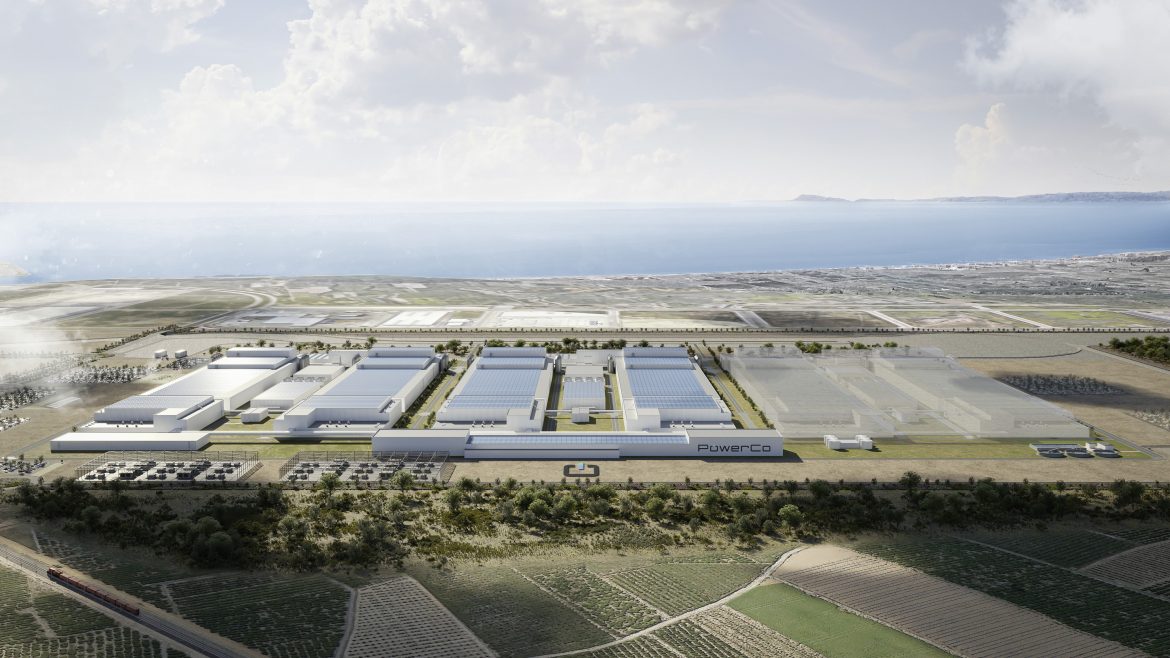German automaker Volkswagen has opted to defer its decision regarding the location of a fourth battery factory due to sluggish electric vehicle (EV) demand in Europe. The decision was announced by Chairman Oliver Blume, who highlighted that market conditions, particularly the slower adoption of battery electric vehicles in Europe, did not justify further site selection at this time.
Site Offered to Other Investors
The company had been evaluating potential sites in Eastern Europe for a gigafactory focused on EV batteries, with the Czech Republic, Hungary, Poland, and Slovakia as contenders. Czech officials have now decided to offer their proposed site to other investors, expressing an inability to wait for Volkswagen’s decision.
Existing Battery Production Sites
Volkswagen has already chosen locations for battery cell production in Salzgitter (Germany), Valencia (Spain), and St. Thomas (Canada), collectively capable of producing up to 200 gigawatt-hours (GWh) annually.
Continued Commitment to E-Mobility
Despite this delay, Volkswagen reaffirms its commitment to electric mobility. This is particularly significant for Skoda Auto, the Czech Republic’s primary exporter and an economic indicator. Skoda Auto is actively preparing to introduce new electric models in the near future.
Shift Away from Fossil Fuels
As the automotive industry globally transitions away from fossil fuels, the Czech government views the investment as vital for its automotive sector’s future. Prime Minister Petr Fiala stated that the country would now focus on other projects, emphasizing the need to free up land previously designated for Volkswagen’s battery plant.
Exploring Alternative Projects
Industry minister Jozef Sikela mentioned that discussions are underway with five investors, two of which are considering projects on a scale comparable to Volkswagen’s original plans.
Decline in EV Orders
Volkswagen, in line with a growing chorus of automakers and analysts, recently reported a slowdown in EV demand. The company’s European EV order book has reduced to 150,000 units from 300,000 the previous year.



